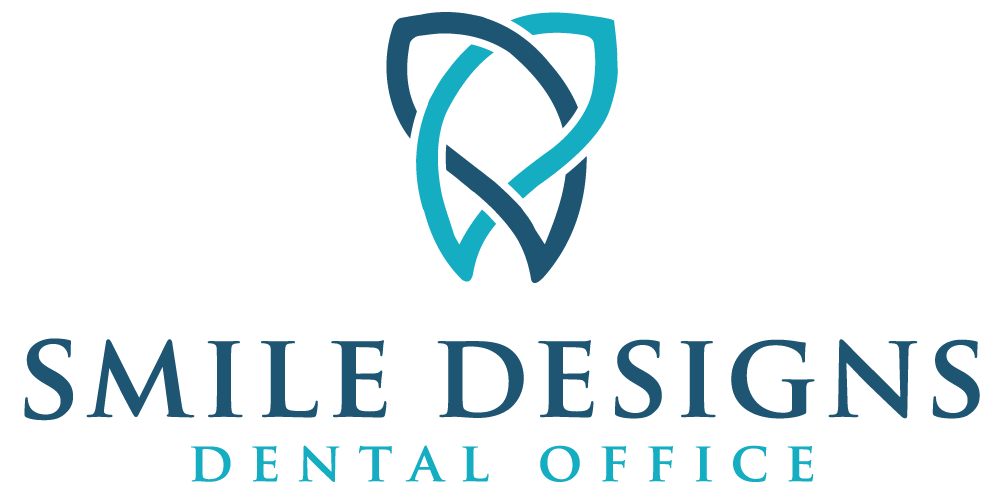Dental Problems Associated With Age
Most Common Dental Problems on Mature People

Dental Problems Associated with Age
A lot of people in their fifties and sixties can have a lot of dental issues. It may be because they have been exposed to different elements like extreme weather or pollution.
They may also be getting older which means that the periodontal tissue starts to break down which results in tooth loss.
Many people in their fifties and sixties become victims of gum disease due to poor oral hygiene.
Common Dental Problems in Older Adults
In this topic, we’ll discuss one of the most common dental problems on older adults, along with its relationship to related health conditions.
If you suffer from any of these dental problems on older adults, it is critical that you seek treatment immediately. Treatments can range from simple mouth rinses to expensive procedures like tooth crowns and metal braces.
Dental problems on older adults are a common occurrence that occur more so in men than in women. These occurrences can be caused by a few different reasons.
One of the most common causes of dental problems on older adults is gum disease. This condition commonly affects about 50 million people over the age of 50.
The condition is also known as gingivostomatitis or periodontal disease.
The cause is unknown, but it could be caused by genetics or other factors such as smoking and lack of exercise.
Gum disease can have a negative effect on the health and well-being of older adults.
It can lead to serious infections that should be treated immediately if they become infected or if they spread to other areas of their body such as the throat or lungs.
Dental plaque accumulation can also cause oral diseases such as gingivitis which is responsible for causing tooth decay and tooth loss.
Gum disease also increases your risk for developing other degenerative diseases including cancer, cardiovascular disease, diabetes mellitus and even respiratory disorders like pneumonia .
How to Address These Problems
As you age, your teeth and gums may require more frequent dental care. In addition, you may have other dental problems such as cavities, gum disease and gum inflammation.
These conditions can all cause a great deal of discomfort and embarrassment.
To address these issues, you will need to take the necessary steps to maintain your quality of life.
The important thing is that you will not suffer any long-term side effects from the dental problems that you have.
With proper care, there is no reason why you cannot age gracefully — which means being able to enjoy every day with less pain and discomfort.
But if you want to take control of your health, then it is important to reduce the number of dental problems over 50 in order to avoid losing a great deal of money on expensive treatments or costly replacements.
Dentistry can be a very expensive endeavor after all!
So do not delay but instead try now to improve your quality of life by addressing these common dental issues over 50!
Preventative Measures for Maintaining Oral Health in Later Years
Preprocedural dental treatment, called dental hygiene,is a routine part of preventive care for adult patients.
It takes place before the patient is admitted to the hospital and involves brushing, flossing and mouth prophylaxis.
The importance of oral hygiene is undeniable.
The American Dental Association (ADA) states that “a healthy mouth is essential for a person’s overall health.”
Oral health is a crucial aspect of good oral hygiene; it helps prevent tooth decay and other oral diseases such as gum disease, periodontal disease and more.
Unfortunately, many people simply don't brush their teeth regularly enough before they leave the dentist's office.
Many dentists recommend that adults brush at least twice each day to improve your oral health.
The ADA recommends that adults brush at least twice each day with an electric toothbrush or handheld electric toothbrush using fluoridated toothpaste rated to contain 0.3% fluoride (0 or 1 ppm).
If you are over 50 years of age, it is important for you to maintain good oral health by consuming a balanced diet, exercising regularly and avoiding tobacco use.
Before turning 50 years old, there are several factors that can affect your dental health :
1) Heavy drinking
2) Excessive recreational drug use
3) Poor dietary habits (too much sugar and fat intake in the diet)
4) Too little sleep and too much stress in life
FAQs About Dental Care for Older Adults
By the time you reach your 50s, it’s not uncommon for many of your teeth to be decaying.
The good news is that dental decay is treatable with proper dental care.
What Are Some Other Dental Problems on Older Adults?
Cavities – This is a common problem for adults over 50, but it’s also one of the easiest to prevent.
People over 50 often have the same habits as younger adults regarding brushing and flossing, which can lead to cavities and gum disease.
If you have an adult child who has cavities, it’s always a good idea to get them checked out by a dentist.
If you don’t feel comfortable getting your own teeth checked out by a dentist, talk to your primary care physician or visit a dentist near you:
-Brush and floss regularly in addition to mouthwash
-Use fluoride toothpaste for those who are concerned about health risks
-If you use mouthwash regularly, have it chelated with fluoride
Dental decay – The process of eating food that gets into the hard tissues — such as enamel and dentin — that keep your teeth strong and healthy is sealed off by bacteria that live in the oral cavity (the inside of your mouth).
That bacterium communicates with other bacteria in the oral cavity through saliva. When plaque builds up on these surfaces, it provides an environment for bad bacteria to grow.
This process is called dental caries (or “cavity decay”) because these caries result in small cavities (cavities) in teeth. Bad bacteria also can spread from tooth to tooth through food particles eaten while chewing or swallowing.
In some cases, bad bacteria become so abundant they metabolize sugar from food into acids that eat away at enamel, dentin and other softer parts of the teeth.
These acids cause pain when swallowed or come into contact with nerves located on the roof of your mouth, which causes tingling or numbness in these areas (known as “mild periodontitis”).
Mild periodontitis can be treated with fluoride supplements or medications; however, if it progresses beyond mild periodontitis there may be little treatment options available since most treatments for oral health problems tend not to work well for people over age 54 years old because their body chemistry changes after age 40 or 40 years old causing them not to respond well to medication.
